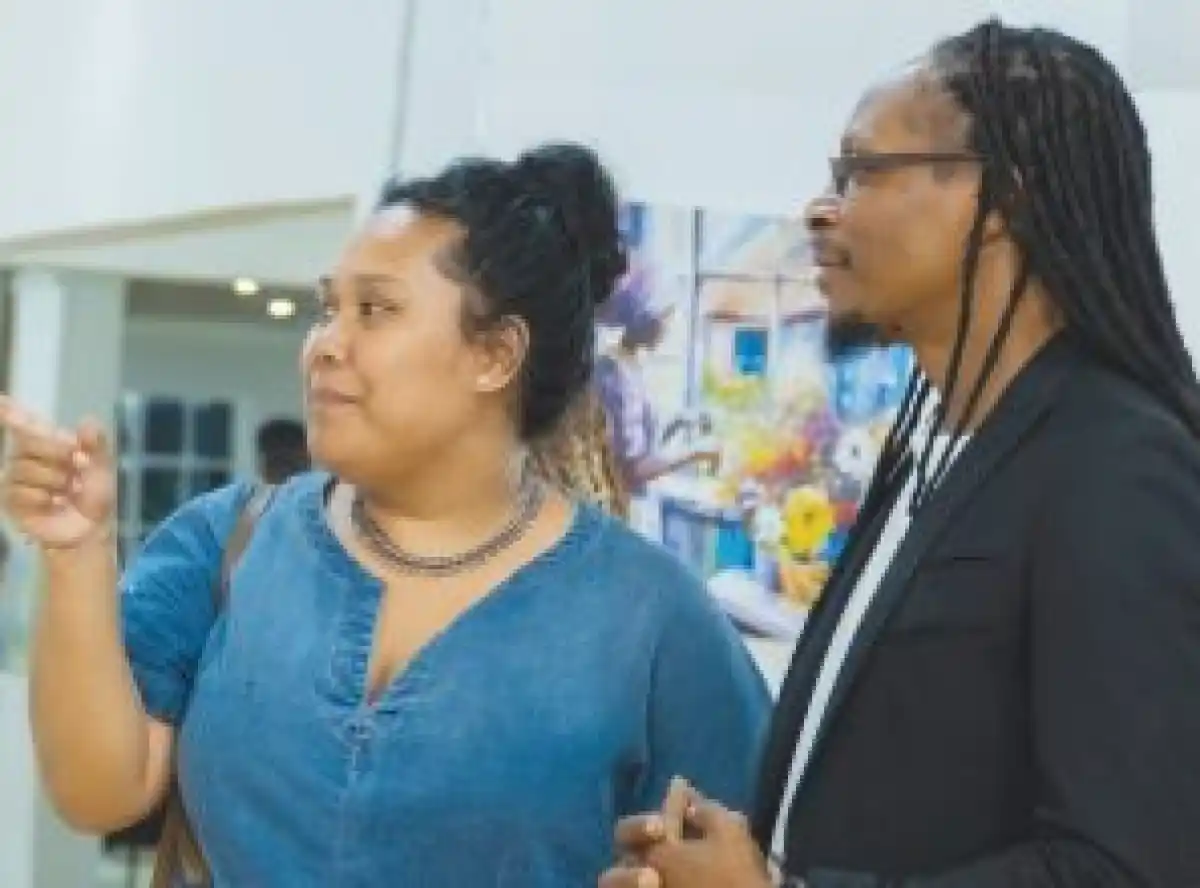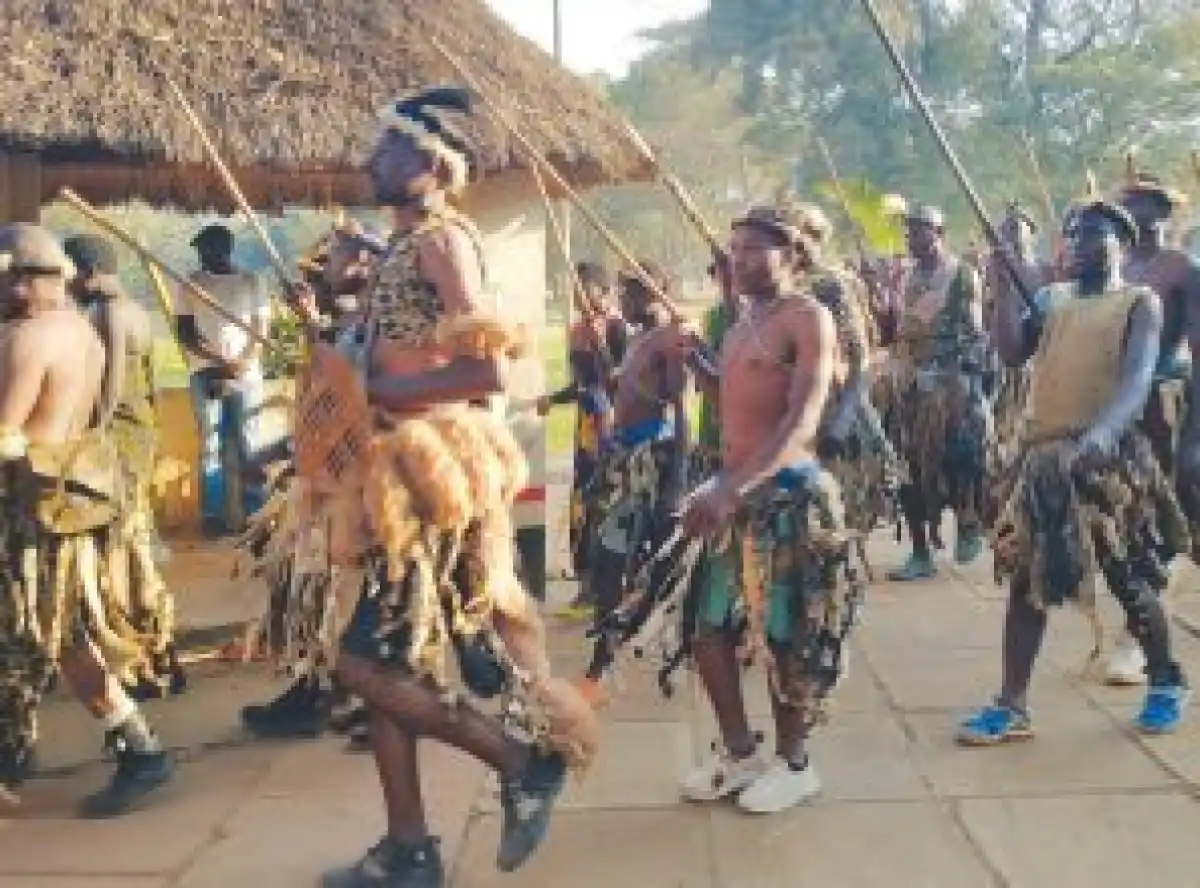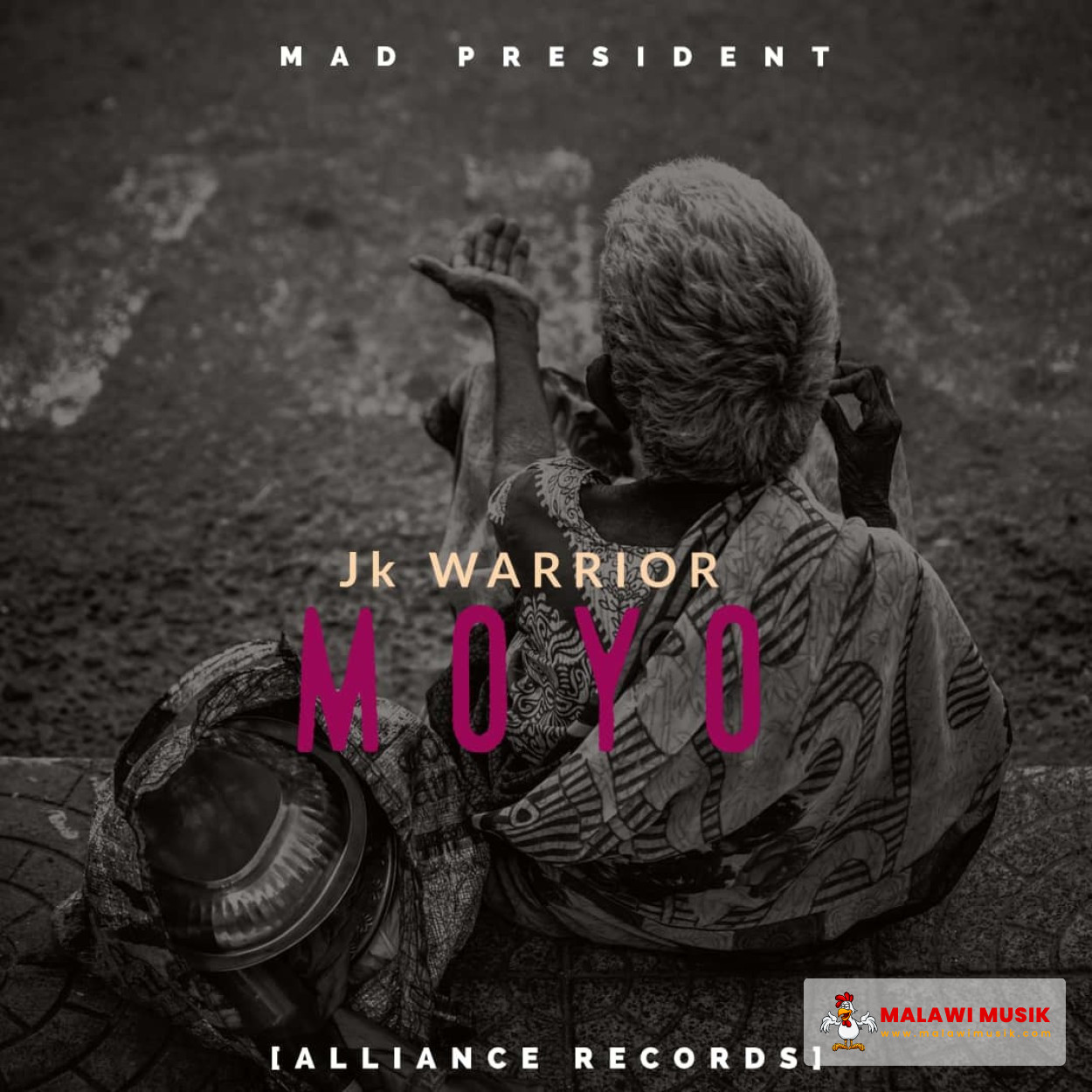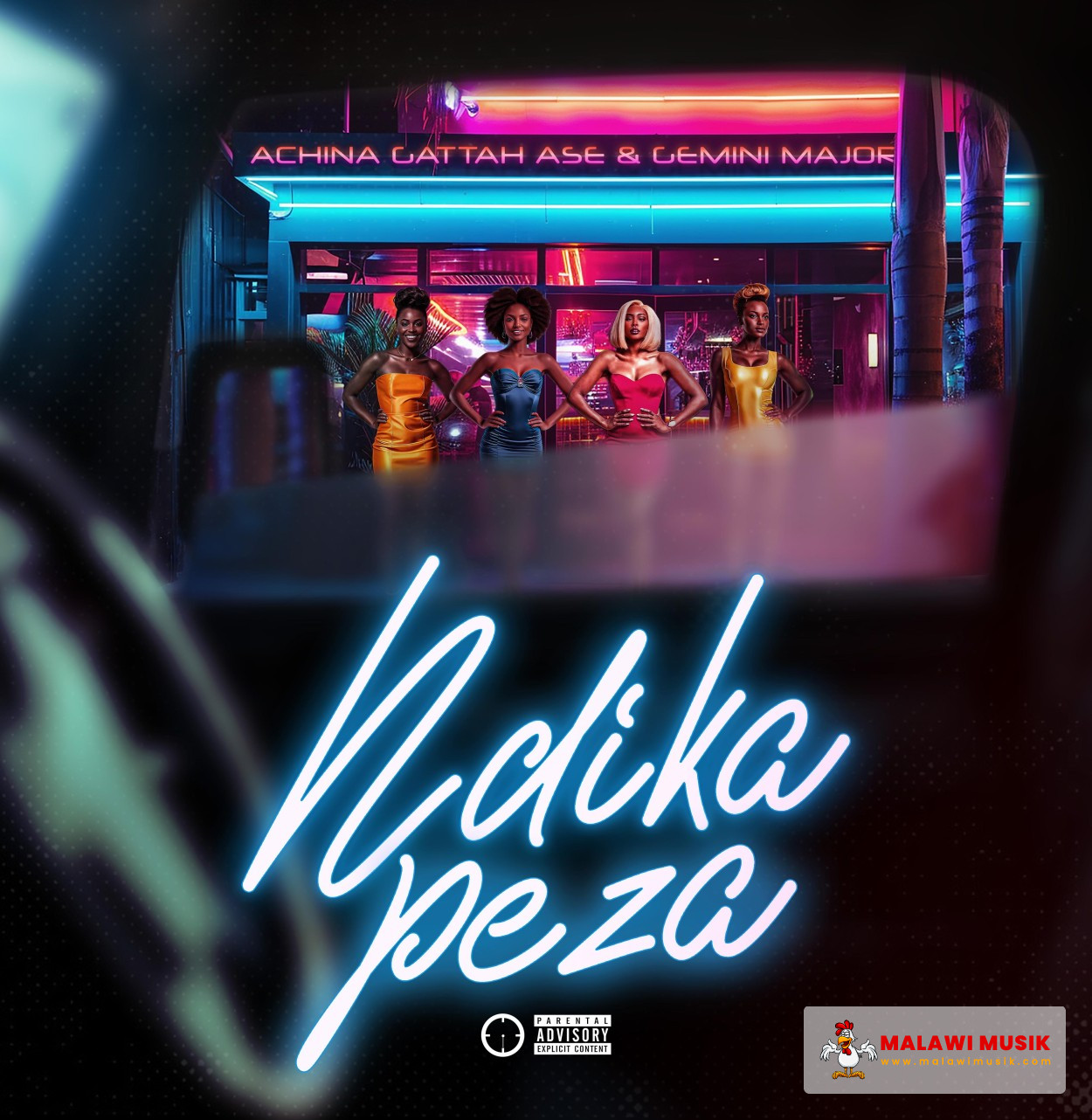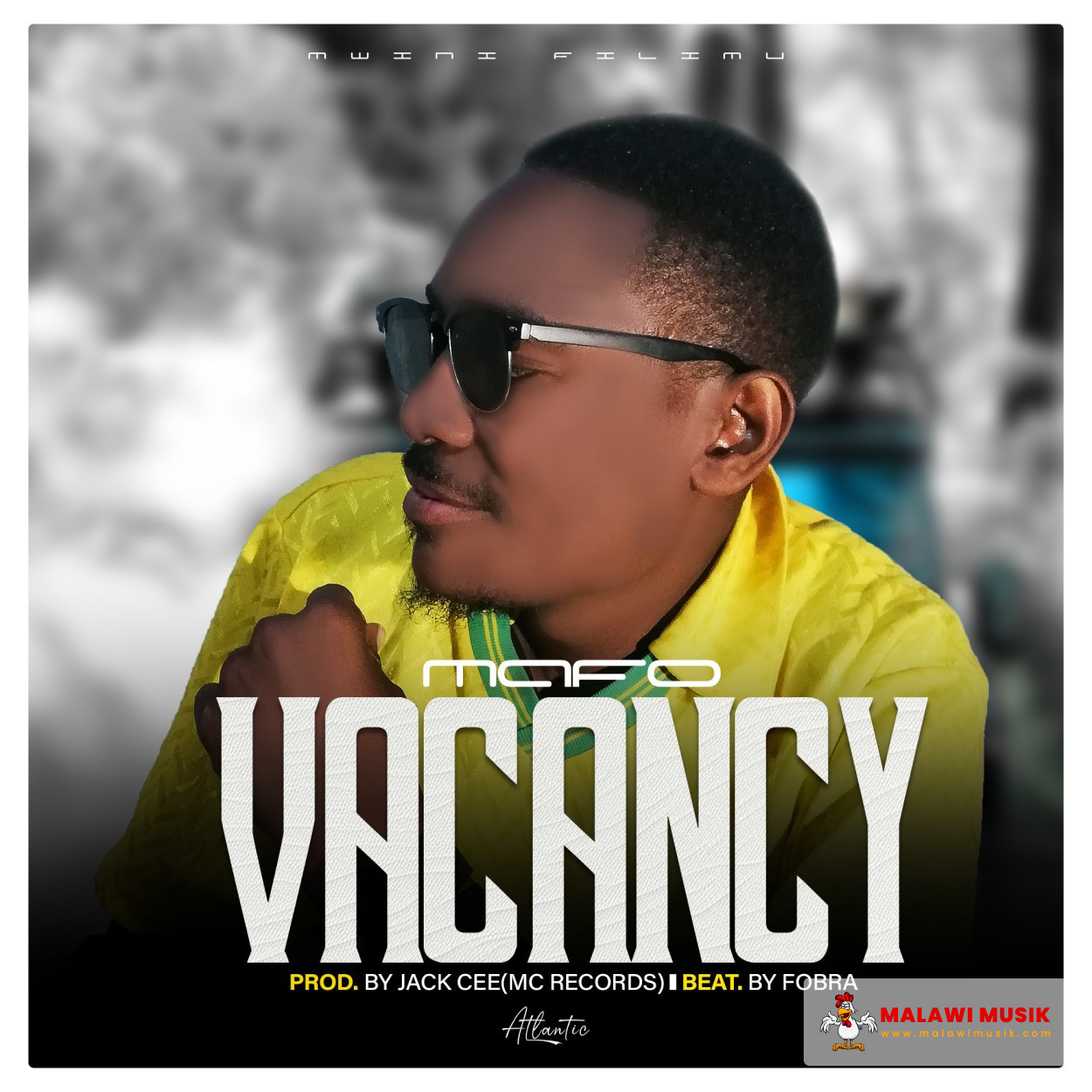Stories have often been told about the potential that the creative sector possesses and how much contribution it would make to the country’s gross domestic product (GDP)if it was fully exploited.
More stories have also been told of how much the creative players are losing out following their failure to approach their craft as a business that can earn them considerable financial returns. In part this has been due to lack of knowledge on how to actualise that transformation.

It is against this background that the Copyright Society of Malawi (Cosoma)through its Copyright Fund initiative has unveiled the Investment School of Creative Arts in its quest to address the lack of financial literacy within the creative sector.
Cosoma in partnership with Nico Group has trained the first cohort of 50 creatives which were drawn from various fields such as poetry, music, graphic designing, fashion designing, comedy and event management, among others.
The creative players were trained in areas of financial and investment management, sources of funding, investment planning, project management, intellectual property rights, approaching art as a business, marketing, monetising digital works, personal branding and advertising.

Cosoma said the establishment of the Investment School of Creative Arts was informed by an assessment which revealed the financial management challenges the artists are facing.
Copyright Fund chairperson Christopher Magomero said most artists are not exposed to financial management skills and the establishment of the school will help sensitise and educate artists on how to handle such issues.
“There is no formal training which can contribute to achieving quality and quantity in the arts sector and the establishment of this school is crucial in filling those gaps,” he said.
Cosoma board chairperson Bishop Chimwemwe Mhango said if the creative sector can be handled well, it can turn around and contribute to the country’s GDP.
He said: “Artists are the pride of the nation. As a board we are so happy with what the Copyright Fund is doing and we will continue to offer our support so they can succeed in such kind of enterprises. My only plea is for the artists to take this training seriously so that it bears the required fruits.”
Nico Group sponsored the first training of the school through its subsidiary company NBS Bank.
NBS Chief Executive Officer Kwanele Ngwenya said despite its potential, the creative industry is not growing as it should.
“We are trying to address that so that we can unleash its full potential. There are gaps on how they manage their talent, the environment they work in and their financial management prowess. We are trying to equip them to sustain their art as a business,” he said.
Ngwenya said it is important for the artists to know how to manage irregular income, invest in their craft, reduce stress and manage their retirement.
He said a vibrant arts sector attracts visitors and is crucial in preserving culture and heritage of the nation and increasing education.
In his address, deputy Minister of Local Government, Unity and Culture Owen Chomanika said as the country is striving to achieve self-reliance and inclusivity by 2063, it is important that the arts sector should be at the centre of such a transformation.
He said: “There is need for mindset change for the country to achieve the 2063 goals. Artists are the driving tool towards that enabler and they cannot talk of changing people’s mindset if they themselves are not changed.
“Everything that you create is needed in the country. You exist to inform, educate and entertain people. You are a sector that should inspire the nation as we move forward. I urge you to be a representation of what this school stands for.
On his part, musician Khama Khwiliro said the innovation is one of its kind and needs to be commended.
“There is a lot that the creative industry is missing and that’s knowledge and many times as creatives take it for granted that just because we have the numbers and we are celebrities we know things yet we don’t,” he said.
Khwiliro said the initiatives will help the industry a lot as they say knowledge is power and what we acquired if put into good use many artists careers will never be the same.
The training was said at Sunbird Nkopola Leisure Centre in Mangochi.






